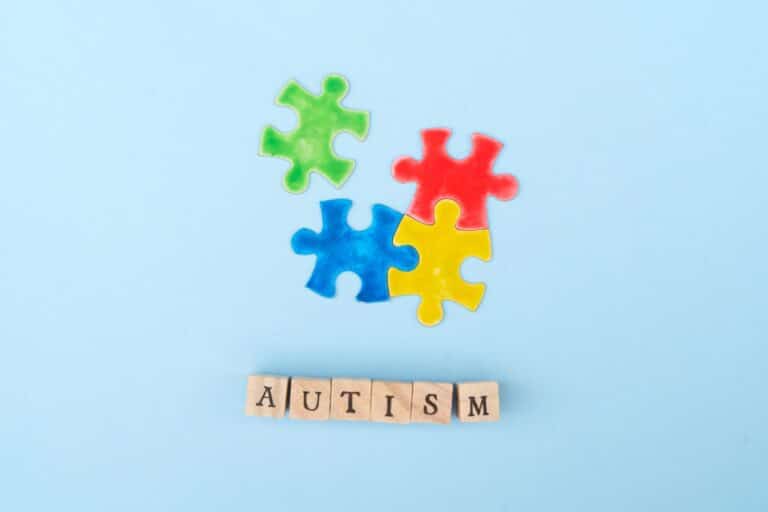When you read statistics from the Centre for Disease Control and Prevention (CDC) that say things like excessive alcohol use causes 27,000 deaths among women and girls every year in the United States, you might assume it doesn’t apply to you.
Well, you only have a drink or two a day, and that’s not excessive alcohol usage, is it? Surprisingly enough, excessive alcohol usage is described by researchers as 8 drinks or more per week, which if you consider 2 drinks per day would apply.
What about the effects of alcohol on the skin then? You might not care much about the effects of it on your liver or kidneys, but what if it had a detrimental effect on your skin, causes you to look older?
Let’s read on to see the effects of alcohol on skin and aging, and how you don’t have to stop drinking altogether to avoid these detrimental effects.
Alcohol Dehydrates the Skin Causing Wrinkles
Alcohol is a diuretic, which means that it increases the production of urine in the body and thus, results in dehydration. Your skin is sensitive to any kind of dehydrating effects.
This is especially true if you don’t drink enough water daily. Statistics say that 75% of Americans are chronically dehydrated. You are probably not taking in enough fluids as it is.
If you add alcohol to the mix, it creates a potent mix, which could result in dehydration that affects your entire body and especially your skin.
You must have noticed that your skin is puffy and dry after a night of drinking. Habitual drinking can exacerbate the aging of the skin, causing wrinkles, fine lines, broken blood vessels, sun spots, and eye puffiness.
This dehydrating effect is increased even more when you are drinking salty drinks (salt pulls water from the body as well), and if you are day drinking in the hot, hot sun.
Alcohol Increases Inflammation in the Body
The effects of alcohol on the skin are especially noticeable after years of drinking – your face remains red and doesn’t ever go back to its natural coloring.
You might have noticed this effect at first, and thought it wasn’t a big deal. After all, it’s only a bit of redness, who cares.
But after years and years of habitual drinking, even one or two glasses of wine every day can result in skin that’s perpetually inflamed.
If you are drinking lots of sugary drinks, then you are doing yourself no good, because sugar increases inflammation in the body as well. Sugar will adhere to the collagen in your skin and break it down over time, resulting in aging skin.
The problem is that in your 20s, you could drink and the alcohol would leave your system in 3 hours. But in your 40s, that same amount of alcohol would take 33 hours to leave your system! Yikes!
Over time, you are breaking down the collagen that holds your skin together and gives you that youthful look. It might be able to repair itself when you are younger, but as you get older, its ability to repair diminishes and you end up looking older.
4 Ways You Can Protect Your Skin While Drinking
All hope isn’t lost, because you don’t have to give up drinking altogether to avoid the effects of alcohol on the skin. A few extra tactics, while you are drinking, will ensure that you avoid some of the long term effects of alcohol on the skin.
1. Drink a Glass of Water After Every Drink and Between Drinks
If you know you are going to be drinking a lot at a particular event, ensure that you drink at least one glass of water between beverages.
This might cause you to go to the bathroom a lot, but at least you will ensure your body and skin aren’t dehydrated.
Also, before going to sleep after a night out, drink lots of water. This will not only prevent a hangover but protect your skin overnight, helping it recover from the dehydrating effects of alcohol.
2. Avoid Drinks That Are Especially Sugary or Salty
If possible, stick to drinks that are sugar-free and salt-free. Something simple and clear, like vodka, or gin, as it has less sugar, and is less inflammatory to the skin.
Try not to mix your drinks with mixers or soda, which have immense amounts of sugar in them, and can be highly damaging to your skin and body.
3. Wear Sunscreen and Protect Your Skin During Day Drinking
If you are going to be doing some day drinking, then a hat and sunglasses aren’t enough protection for your skin. The sun is already dehydrating the skin. Not only that but alcohol makes your skin more vulnerable to the sun.
Ensure you slather on sunscreen with a high SPF and reapply regularly. If you are going to be drinking all day, ensure that you stay lucid enough to put on sunscreen, and stay in the shade as much as possible.
4. Do Not Drink Every Day, but Every 2-3 Days
If you are in your 40s or 50s, it takes longer for your body to process and gets rid of the alcohol in your system. This means that if you are drinking every day, your body is never able to get rid of all the alcohol in your body.
If you can avoid drinking every day and keep it to every 2 or 3 days, you will ensure you give your body enough time to get rid of the alcohol.
The Effects of Alcohol on Skin Are Many but Avoidable
It isn’t like you can avoid drinking altogether, especially with the culture we live in, with its hyper-emphasis on drinking during socialization. But you can avoid most of the effects of alcohol on skin by avoiding alcohol and doing recovery programs.
Recovery can help you ease the effects of long-term drinking by using a combination of holistic and scientific methods.
If you or a loved one needs to safely detox from alcohol, please contact us today!






